Whether you represent a tenant or a landlord in a lease negotiation, it is important to recognize that free rent concessions must be part of the equation. This is the case whether you are negotiating a new or existing lease, and regardless if the deal is for an office, retail or industrial location.
Determining the Amount of Free Rent Concessions to Offer
The primary factors that determine how much free rent a landlord may give include
- Current market conditions;
- whether the lease is for office, retail or industrial space;
- the other concessions requested by a potential tenant;
- the length of the lease term; and
- the financial strength, character and nature of the tenancy.
Depending on the market, deal type, and other concessions being granted to a tenant, it would not be unreasonable for a tenant locking in a five year deal to receive two to five months of free rent and those committing to a ten year deal to receive four to nine months of free rent.
Landlord Advocates: Generally speaking, when given a choice between the two, most landlords prefer granting free rent concessions instead of a tenant improvement allowance (given that the former allows the landlord to avoid paying money out of its own pocket).
Incentivizing Tenant Renewal
Landlord & Tenant Advocates: If a landlord has a reliable tenant in possession of the premises, it may be prudent to incentivize the tenant to stick around for another term. Given the costs associated with a tenant vacating a space (e.g., loss of revenue from a vacancy turnover, payment of a full brokerage commission or even a one hundred fifty percent (150%) commission on an office deal with an “override,” legal and architectural fees and the possibility of providing both landlord’s work and a tenant improvement allowance), landlords should consider some sort of “hometown discount” when it comes to free rent concessions on a renewal although it might not be necessary to treat an existing tenant as a true free agent.
The Argument for Larger Free Rent Concessions for Retail Tenants
Tenant Advocates: For retail transactions, given that in most instances the tenant is performing the majority of the work at tenant’s own expense, a strong argument can be made that tenant should receive a larger amount of free rent to partially compensate tenant for doing so.
Bifurcation of Free Rent Theory
Landlord & Tenant Advocates: As a means of making it more appealing for a landlord to be more generous with the amount of free rent it gives, instead of asking for (or granting) one hundred percent of it to be granted up-front, strongly consider bifurcating the free rent requested by spreading it out over a period of months in either full or one-half month increments (e.g., if landlord is willing to grant nine months of free rent, the free rent would be spread out as one month of free rent for months one through five, one-half month of free rent for the following four months, and lastly, one-half month abatements for months eighteen, twenty five, thirty and thirty seven).
Free Rent Conditioned on Performance of Monetary and Non-Monetary Obligations
Landlord Advocates: Include language that conditions the tenant’s receipt of free rent concessions (and in some instances, a tenant improvement allowance) upon the tenant’s full and faithful performance of all of the terms of the lease. Accordingly, landlords should include language within their initial draft stating that upon the occurrence of an uncured default by tenant: (i) any such rent abatement, concession or other allowance shall be deemed of no further force or effect and (ii) the unamortized amount (calculated on a straight line basis over the initial lease term) of any rent concession or other allowance shall be immediately due and payable by the tenant to landlord.
Tenant Counteraction: Attempt to delete the above free rent or concession recapture language. If tenant is not able to delete it, (i) attempt to negotiate that the recapture provision shall “sunset” after a pre-specified date in the lease (e.g., the 2nd or 3rd anniversary of the rent commencement date); and/or (ii) if the tenant is entitled to multiple concessions or inducements to enter into the lease (e.g., free rent, tenant improvement allowance, the performance of base building work by the landlord and the payment of all brokerage fees by the landlord), attempt to limit the amount and/or type of items subject to payment recapture.

